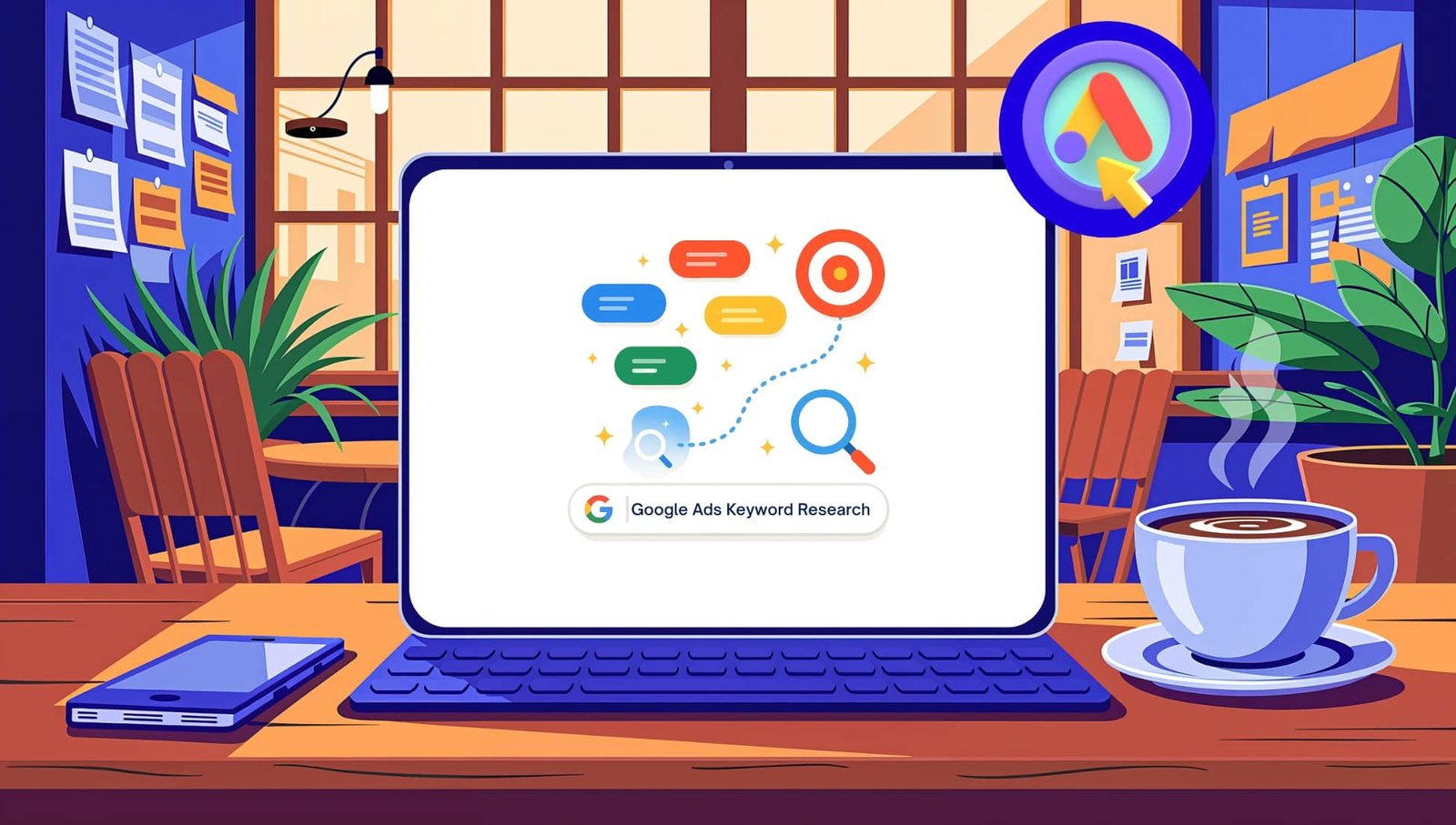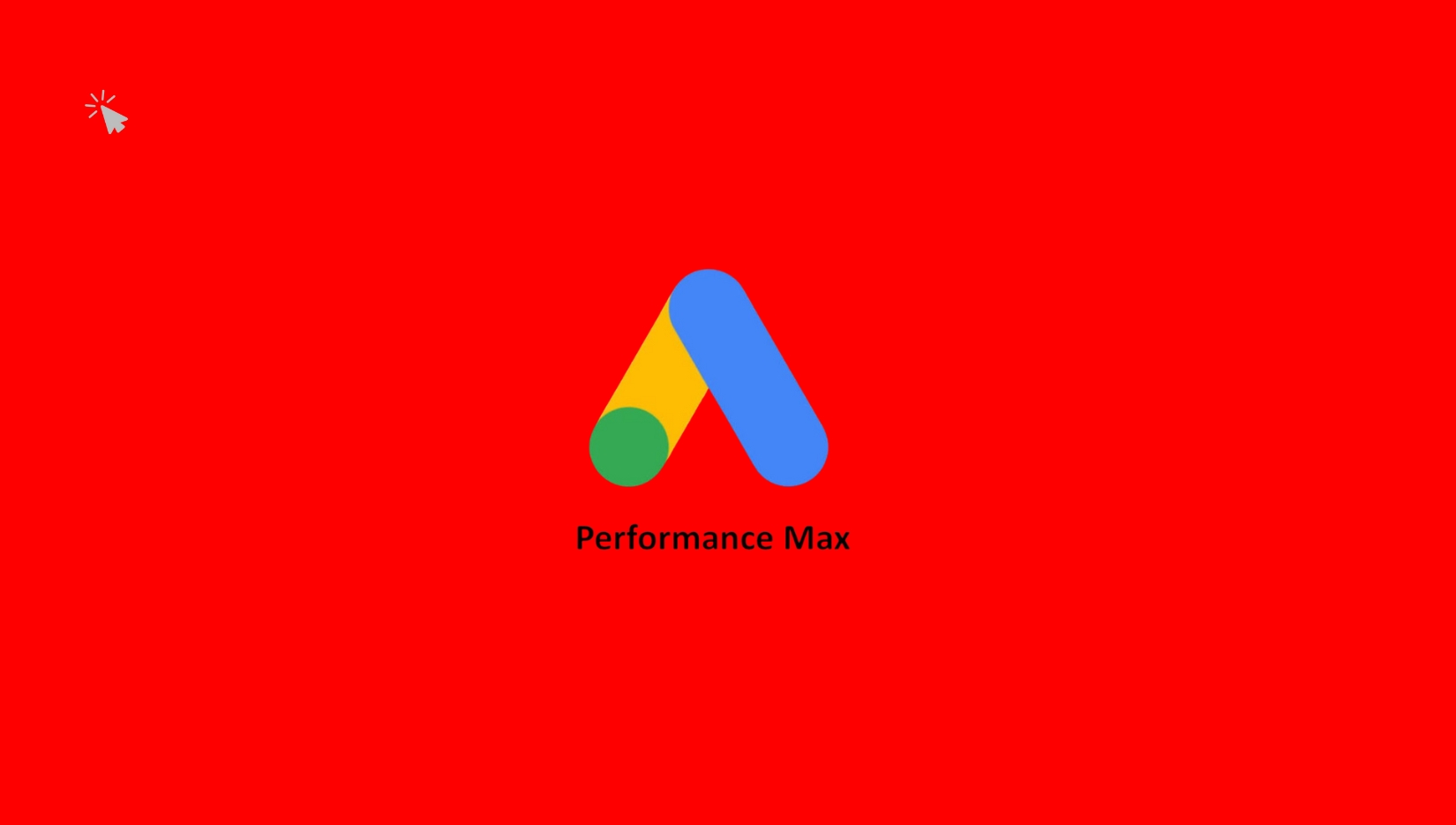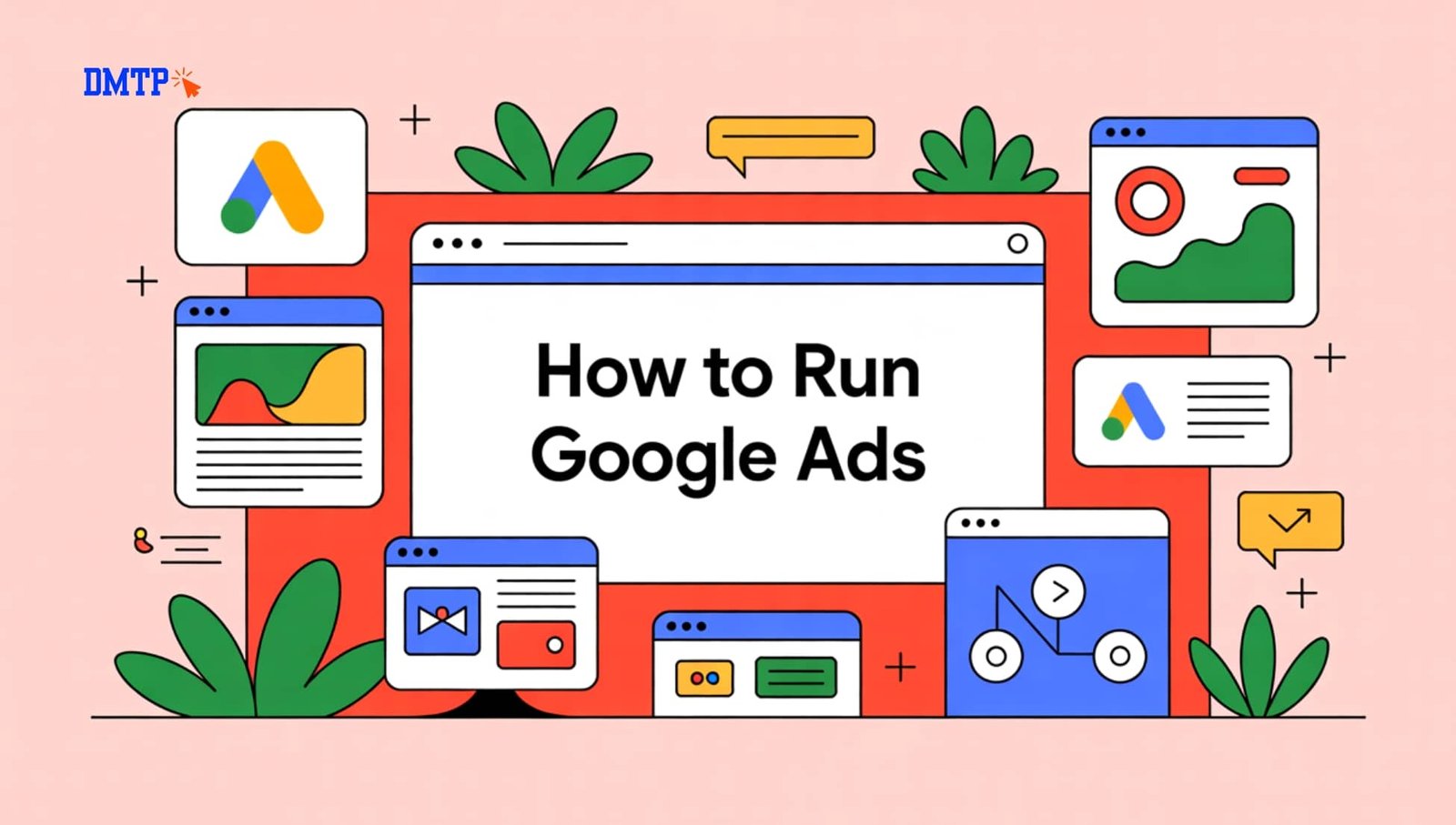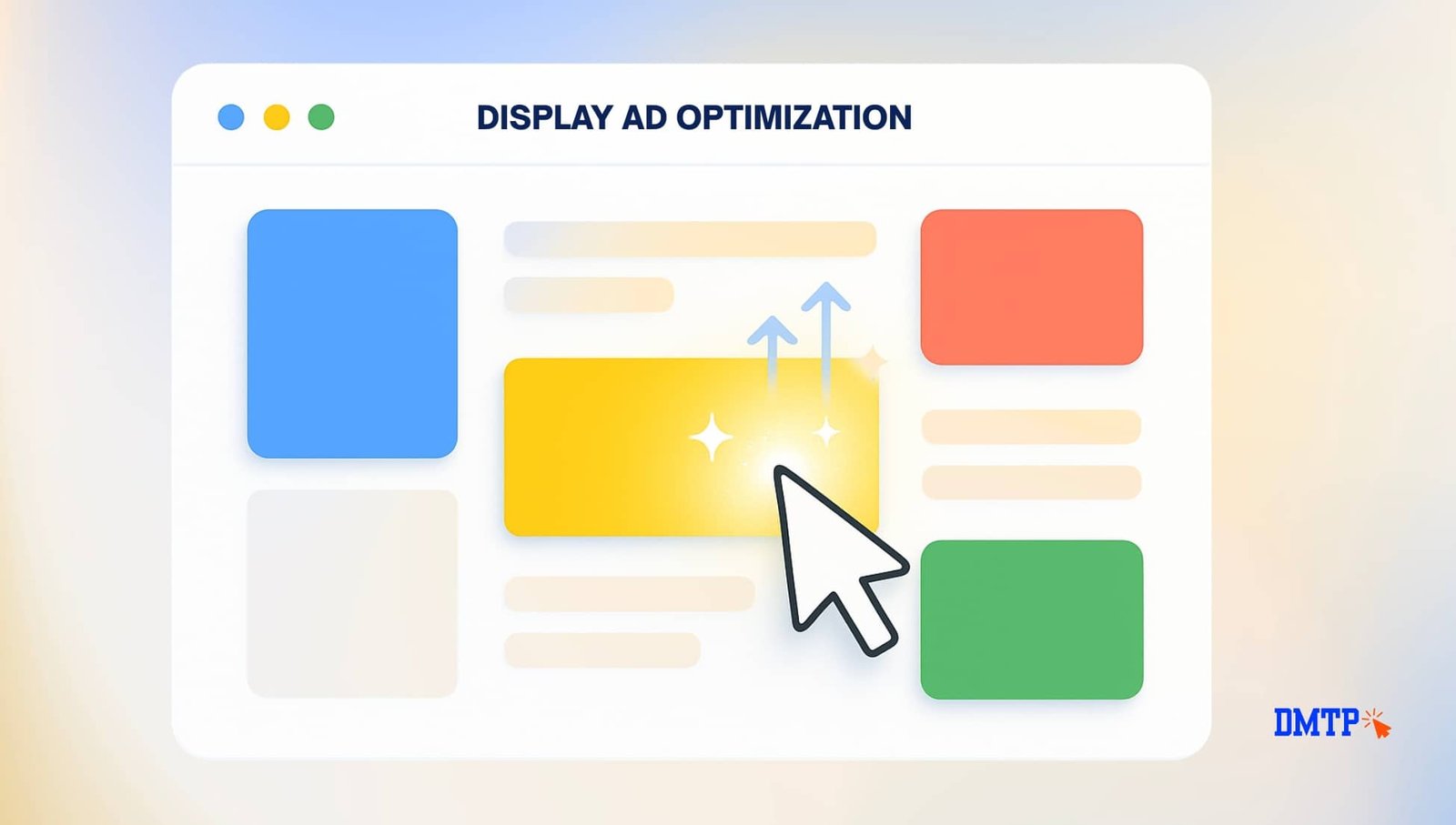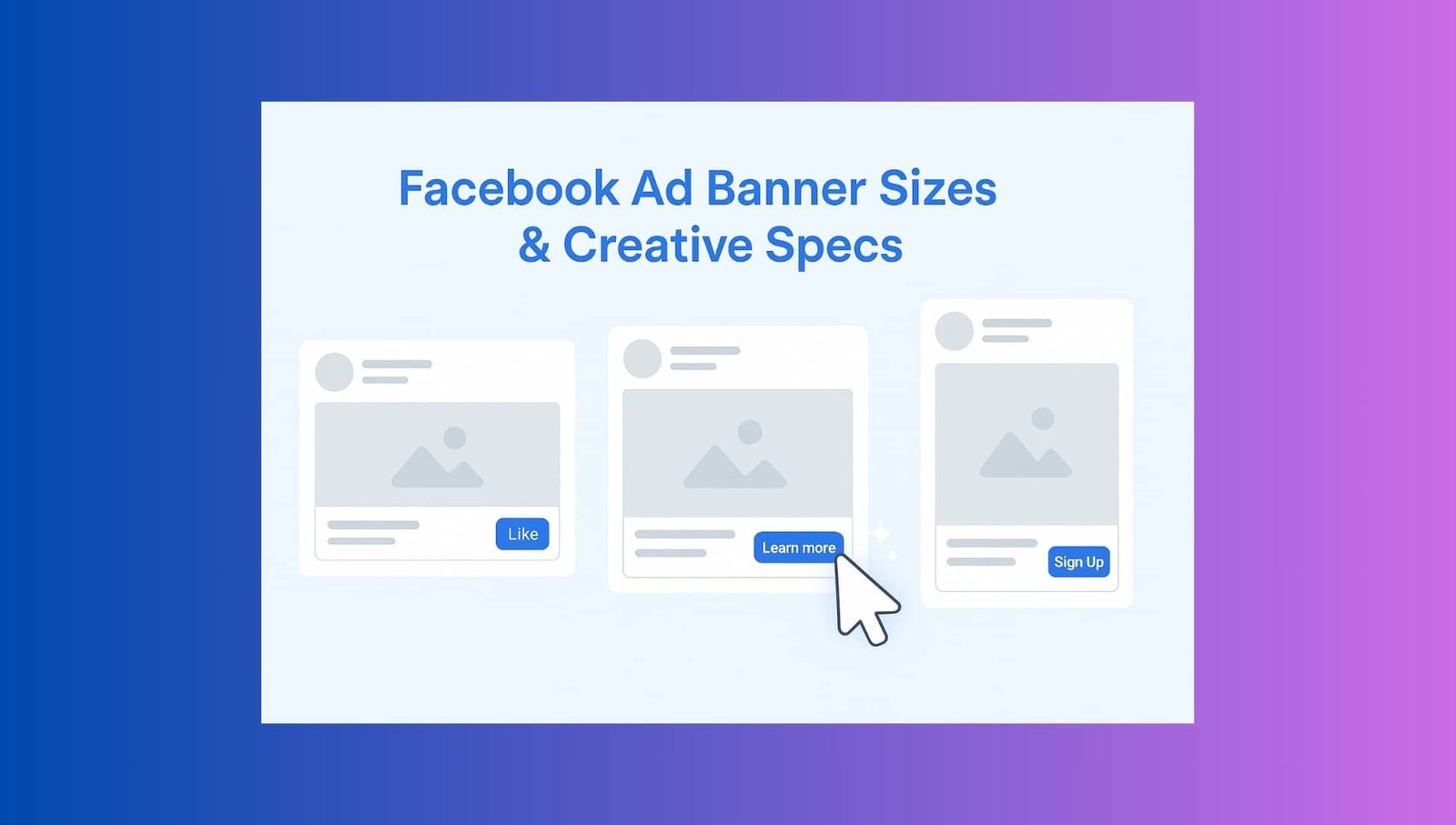If you’ve ever started an Google Ads campaign only to get clicks, but not convert You’re not alone. The reason for this is usually inadequate keyword targeting that is, you’re appearing however, not in the appropriate searches.
In this article we’ll teach you precisely how to conduct keyword research with Google’s Keyword Planner as well as other top keyword tools to discover suitable conversion-friendly keywords. If you’re just beginning to learn about Google Ads or want to enhance your SEO-SEM synergy You’ll walk out with a concrete and step-by-step method.
Why Keyword Research Matters (More Than Ever)
Keyword research doesn’t just mean getting traffic, it’s about generating the most appropriate traffic. Aiming for vague or high-volume, but unrelated keywords can take your money away.
With AI-enhanced and enhanced search on the rise along with the Google’s Search Generative Experience (SGE) evolving rapidly, comprehending the user’s intent is essential. This means going beyond only excessive CPCs and the volume of searches — instead, focusing on the relevance of commercial and search context.
Step 1: Understand the Intent Behind Every Keyword
There are four kinds of keywords:
| Intent Type | Example Keyword | Best for |
|---|---|---|
| Informational | “how to run google ads“ | Blog content, TOFU SEO |
| Navigational | “Google Keyword Planner login” | Brands target |
| Commercial | “best keyword research tools” | Content from comparison |
| Transactional | “buy seo tools subscription” | Google Ads campaigns |
To be able to use google ads it is important to prioritize transactions and commercial keywords. These are the ones that are closest to the moment of conversion.
Step 2: Start With Google Keyword Planner
Google Keyword Planner Google Keyword Planner is a free primary tool for researching keywords specifically for PPC.
How to Use Google Keyword Planner:
- Log in to Google Ads then go to Tools and Settings and then Keyword Planner.
- Choose either:
- Find new keywords Enter a name for a service, product, or site.
- Find search volume and forecasts Paste the list of your choice.
- Examine the results using:
- Search Volume
- Competition
- TOP OF PAGE CPC (low and high)
- Filter for:
- Commercial intent with high
- Low-to moderate competition
- moderate to very high CPCs
Pro Tips: Focus on keywords with signals for buying such as “buy,” “hire,” “best,” “near me,” “services,” or terms that refer to specific products (e.g., “CRM software for realtors”).
Step 3: Expand With Other Keyword Research Tools
Even though Keyword Planner is great, it’s made to run Ads and not for SEO-related insights. It’s best to pair it with other tools like
Top Keyword Research Tools for 2025:
| Tool | Best For | Unique Feature |
|---|---|---|
| SEMrush | Copy of competitor ads and PPC gap | PPC Keyword Tool |
| Ahrefs | Paid and organic keywords overlap | Keyword Difficulty & Click metrics |
| Ubersuggest | Research that is budget-friendly | AI-generated keyword concepts for keywords |
| SpyFu | Competitors PPC Keyword tracking | Spend history and ad history |
| Keywords Everywhere | Chrome extension for search data | The data shows CPC, volume, and the trend of SERPs |
By combining several factors — including organic CTR potential as well as keyword difficulty and CPC You’ll discover some hidden gems that which your competitors aren’t noticing.
Step 4: Build Keyword Lists That Align With Funnel Stages
A keyword list that is highly-converting is not an unplanned mix of keywords It’s organized by the buyer’s intention in addition to stages of funnel:
| Funnel Stage | Example Keywords | Ad Strategy |
|---|---|---|
| TOFU | “how does Google Ads work” | Content for awareness, lead magnets and awareness |
| MOFU | “best google ads agency in Dubai” | Service page or comparison ads |
| BOFU | “hire ppc expert near me” | Conversion-focused ads that include CTA |
The ability to target users at different levels of awareness lets you create more targeted ads as well as landing page pages.
Step 5: Use Negative Keywords to Protect Your Budget
Don’t forget this point: Negative keyword are the unspoken heroes of cost-savings for Google Ads.
For example, if your aiming at “google ads agency,” you may be able to not include:
- “free”
- “job”
- “training”
Add these keywords through google Ads Search > Keywords > Negative Keywords to avoid spending money on traffic that is not qualified.
How AI and Emerging Tech Are Transforming Keyword Research
The landscape is rapidly changing in part because AI plays a key role in the core of it. Here’s how:
AI in Keyword Research:
- Artificial Intelligence tools such as ChatGPT or Jasper can come up with long-tail keyword variations.
- Algorithms that predict in software such as Surfer SEO analyze intent and SERP competition in real time.
- Optimization of voice search involves the inclusion of natural, conversational phrasing in the list of keywords (e.g., “where to find …” or “how do I …”).
- Google Search Generative Experience (SGE) is shifting the focus away from exact match in search results to relevancy to semantics — which is making the topic cluster more crucial than ever before.
Bottom Line: AI doesn’t replace strategy. It only enhances it. Combining AI ideas with human judgement to create better keyword wagers.
Step 6: Test, Measure, and Refine
Utilize tests of A/B to confirm the effectiveness of a keyword:
- Create ad groups that have variations of the same keyword
- Monitoring metrics such as CTR Quality Score, CTR, and Conversion Rate
- Do double-down on terms that are performing well and stop to those who are underperforming
Additionally, you can use Google Ads Reports + Google Analytics 4 to monitor revenue attribution and ROAS (return on advertising spend).
FAQs: Keyword Research for Google Ads
1. How do I gain access to Google Keyword Planner for free?
You’ll need a no-cost Google Ads account. After logging into your account, click Tools » Keyword Plannerthere is no requirement for ad spending.
2. What makes a phrase high-converting?
It conveys high-intent (e.g., “buy,” “near me,” “service”) and matches the content of your landing page.
3. Should I choose broad match or an exact match?
Begin with the phrase match to determine if reach is balanced with relevancy, and then improve according to the performance.
4. What is the best time to refresh my list of keywords?
Every 30 to 60 days. Seasonal trends and seasonality as well as competition change as do your keywords.
5. Are long-tail keywords better for Google Ads?
They do cost less and are converted higher due to a specific intention.
